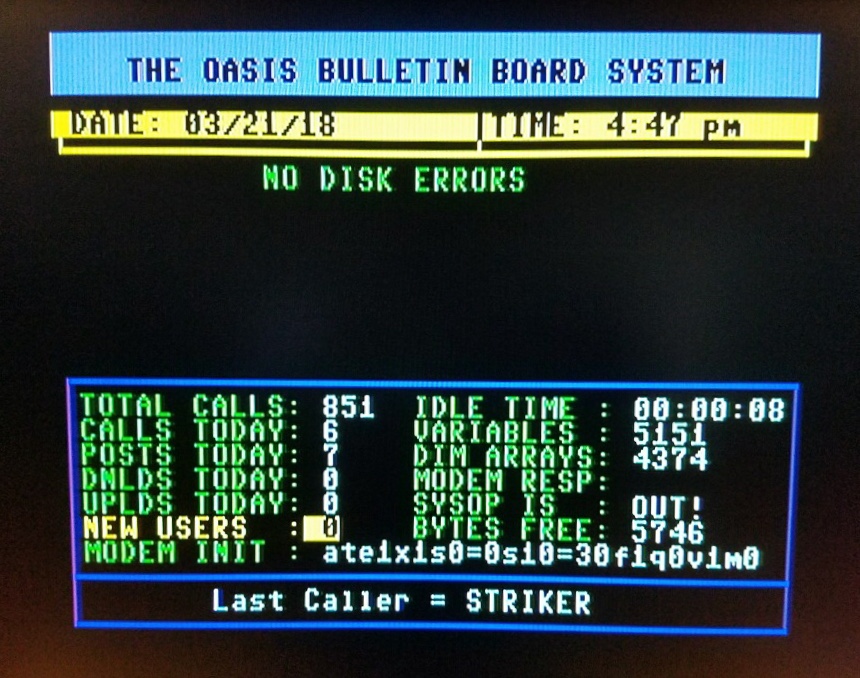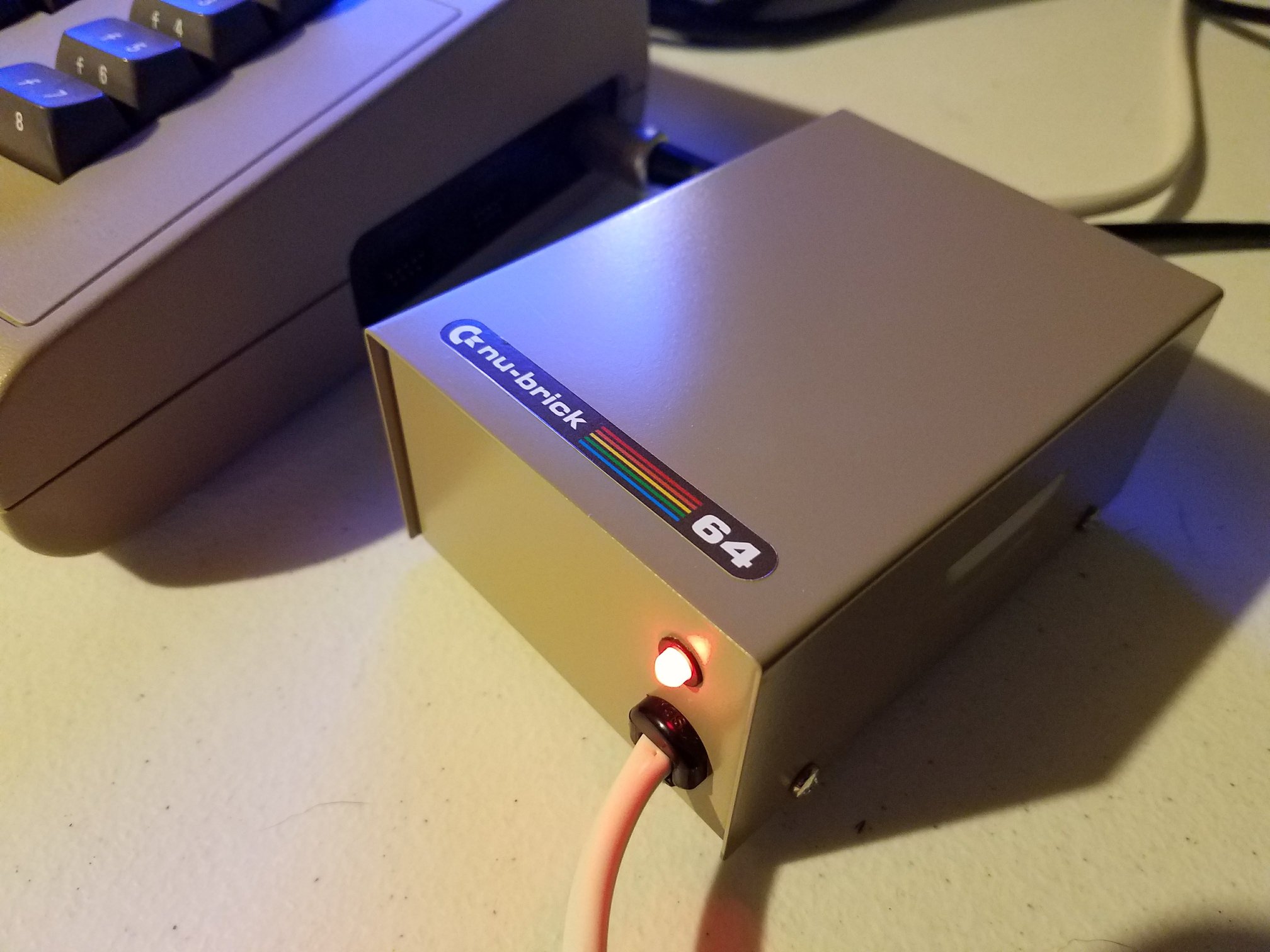While not as widely known as Bill Gates or Steve Jobs, Randy Suess holds a crucial place in the history of personal computing. In 1978, Suess, along with fellow computer enthusiast Ward Christensen, created the world’s first computer bulletin board system—better known as a BBS. This concept quickly spread across computing platforms and became a foundational step toward the internet as we know it today.
A Blizzard Sparks a Revolution
Like many great ideas, the BBS began as a side project—born out of opportunity. In January 1978, a record-breaking blizzard buried Chicago under more than 40 inches of snow. With their city effectively shut down, Ward called Randy and suggested they finally use the downtime to start their long-discussed project.
Though they initially planned to include other members of their computer club—CACHE (Chicago Area Computer Hobbyists’ Exchange)—the duo ultimately decided to build it on their own.
Building the C.B.B.S.
Suess took charge of the hardware, while Christensen wrote the software. Their goal was simple yet groundbreaking: to create a digital corkboard that others could access via telephone lines and post public messages—just like on a school bulletin board.
They called their creation the Computerized Bulletin Board System, or C.B.B.S. The system ran from Randy’s basement and fielded roughly 500,000 calls during its run through the late 1970s and early 1980s.
The Birth of Chinet
Eventually, C.B.B.S. gave way to a new project: Chinet (short for Chicago Network). Chinet became the first public-access Unix system, supporting both email and Usenet. It handled 300 to 600 active users and ran on 12 phone lines, all connected to a rack of modems—a truly impressive feat for its time.
A Lasting Legacy
Randy Suess is survived by his children Ryan, Karrie, and Christine, as well as three grandchildren. His contribution to early online communication lives on—not just in the history books, but in spirit. A version of the original C.B.B.S. is still accessible today, more than four decades after its launch.
Suess may not have been a tech giant in name, but his pioneering work in the BBS space permanently shaped how people connect through computers.








